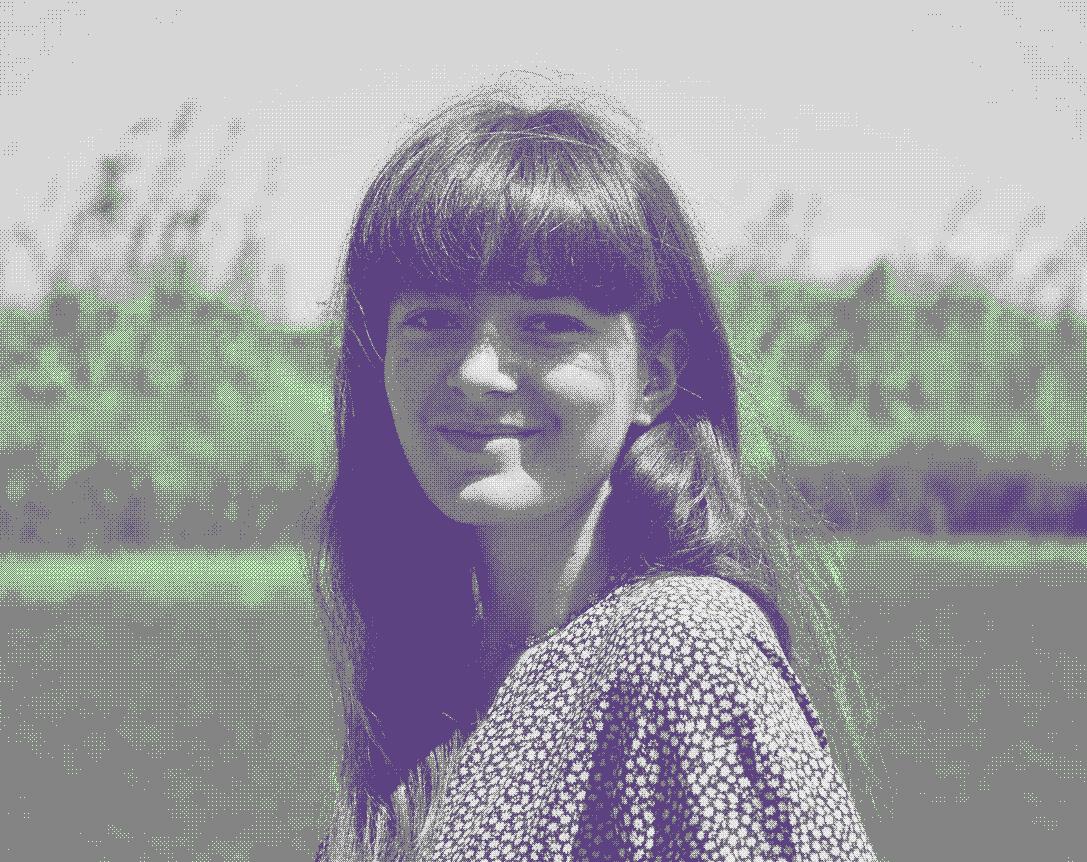About
Welcome! I'm a PhD student in economics at CREST — École Polytechnique, advised by Prof. Jean-Marc Bourgeon and Prof. Gregory Corcos.
My research interests lie in the fields of environmental economics and international trade, particularly when they apply to agriculture and biodiversity. My work aims at studying the consequences of food trade liberalization on agricultural and non-agricultural biodiversity. To do so, I rely on both theoretical and empirical approaches, with a special enthusiasm for quantitative trade models and geospatial data!
I am currently visiting Harvard Kennedy School as a Fulbright Fellow, hosted by Prof. Wolfram Schlenker.
You can find details on my academic background in my CV.
Contact
- Email: chloe.antoine@ensae.fr
- Address: Office 4100, ENSAE Paris, France

Working paper
-
Agricultural productivity and biodiversity effects: theory and evidence
with Jean-Marc Bourgeon & José De SousaAgricultural specialization maximizes land use efficiency but it also amplifies pest pressure, thereby requiring heavy pesticide use. This paper evaluates the economic benefits of using an ecological approach that recommends reducing specialization to leverage natural pest control. We develop a model in which the resilience of a farmer's plot is endogenous to the crop and pesticide choices of her neighbors, which is not internalized. We derive the status quo as well as the socially optimal equilibirum distribution of land between crops. Using disaggregated data and novel instrumental variables, we then estimate the impact of diversification on global crop productivity. Results show that crop biodiversity significantly boosts yields of major crops like maize, rice, and wheat.
Work in progress
-
The biodiversity impact of agricultural trade liberalization Agriculture is identified as a major contributor to global biodiversity decline. This paper examines the role of agricultural trade in governing bird biodiversity losses, through changes at both the extensive and intensive margins of land use. To do so, I combine a multi-country general equilibrium model of trade, which accounts for the use and trade of agrochemicals, with a species-area and a population dynamics model. I run a set of counterfactual scenarios to estimate the impact of historical trade policies on: (i) long-term bird species richness in 700 ecoregions of the world, and (ii) local abundance of common birds in the United States. Preliminary results on species richness suggest that trade liberalization limits losses globally, but at the expense of southern biodiversity hotspots. As birds provide essential ecosystem services, future work will focus on using these estimates to predict changes in ecosystems health and, subsequently, in agricultural productivity. -
New evidence on the agricultural extensive margins Agricultural diversification has the potential to increase resilience to stresses and shocks, as well as reducing pressure on the environment. In this paper, I propose a novel index that allows consistent cross-national comparisons of domestic and international agricultural extensive margins. I construct a dataset covering more than 160 countries and establish stylized facts over the period 1992-2017. By estimating a gravity equation that includes domestic trade, I then identify new extensive margin effects, including those of globalization, producer support policies and international environmental agreements. -
Ricardo goes green: a quantitative spatial analysis of the welfare effects of pesticide regulation
with Jean-Marc Bourgeon & José De SousaThe increased specialization of farming systems has been made possible by the growing use of agrochemicals. While the latter help farmers to reduce the biotic risks associated with the concentration of a single crop species, they are associated with negative externalities for the environment and human health. To limit these derimental effects, several countries have already banned the most dangerous substances and intend to limit the use of remaining chemicals through successive regulations. Without these damage control agents however, farmers are likely to suffer extreme losses causing both the mean and variance of food prices to rise. This project studies these welfare effects, as well as the mitigation potential of reallocating cropland towards greater crop diversity. To do so, we develop a quantitative general equilibrium model of trade that incorporates ecological knowledge on biotic effects.
Talks
-
2026Harvard International Economics Graduate Workshop [Cambridge MA, exp.], CESCO Seminar [online, exp.], Salata Institute's Environmental Economics Lab [Cambridge MA, exp.], Harvard Environmental Economics Graduate Workshop [Cambridge MA, exp.], Duke UPEP Seminar [Durham NC, exp.]
-
2025INRAE SMART Seminar [Rennes], EAERE Winter School [Annecy], E4C Summer School [Palaiseau], CREST PhD Seminar x2 [Palaiseau], AMSE PhD Seminar [Marseille], EAERE 30th Annual Conference [Bergen], BioEcon 26th Annual Conference [Cambridge], FAERE 12th Annual Conference [Nantes], ETSG 26th Annual Conference [Milan], CEE-M Seminar [Montpellier]
-
2024CREST Internal Seminar x2 [Palaiseau], USSEE 13th Biennial Conference [online], PSAE Internal Seminar [Palaiseau], CREST 1st-year PhD Workshop [Palaiseau]
Teaching
-
Introduction to economics — École Polytechnique
— Cycle ingénieur, Prof. O. Gossner & J.-B. Michau [Spring 2024]
— B.Sc., Prof. Y. Koriyama & J.-B. Michau [Fall 2023, 2024, 2025] -
International trade — ENSAE
— M.Sc., Prof. G. Corcos [Fall 2023, 2024, 2025] -
International economics — École Polytechnique
— Cycle ingénieur, Prof. G. Corcos [Spring 2025]

Miscellaneous
-
Non-academic interests — In my free time I enjoy watching movies, hiking, reading comic books, cooking vegetarian food, knitting and playing the bass. I regularly update this list with movies I like to watch when feeling 'happy-sad'. Currently on repeat: Roy Orbison, In Dreams.
-
Website — I'm grateful to Paul Patault for helping me build this website, which design is inspired by that of Gautam Rao. Your visit here produced only 0.05 g of CO2. Check your own website's carbon footprint and learn how to reduce it.
-
Friends — Explore my office mates' research
